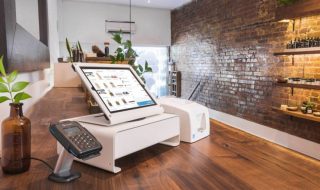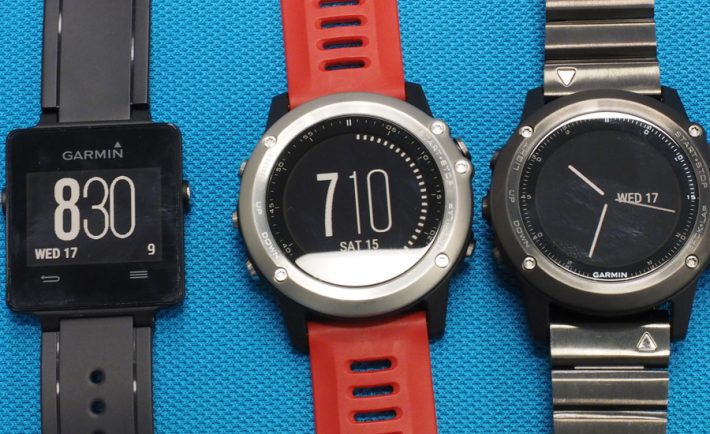
Mobile internet use is on the rise, and shows no signs of stopping. In fact, a report from by CNN money showed that mobile apps had surpassed PC internet usage in the early part of 2014. As of April of that year, it was revealed that 25 percent of people around the world access the internet through tablets or smartphones, and it is predicted that even more people will access the internet through mobile platforms in 2015.
The popularity and availability of mobile internet access has also sparked some new mobile trends for 2015.
Wearable Technology
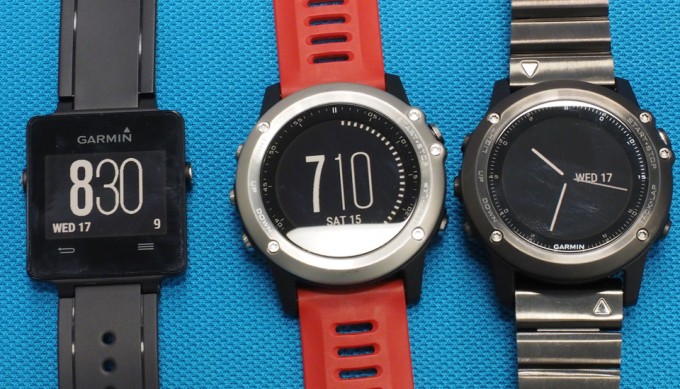
2015 is the year that wearables begin to grow up
It wouldn’t be a technological revolution without some type of wearable tech. 2014 brought Google Glass, which was innovative, but also expensive. At $1,500 a pop, not including the optional designer frames and shades, the Google Glass is out of reach for most average users. 2015 brings more accessible wearable tech in the form of watches that can synch up with an existing Apple or Android mobile device. Wearable tech gives you the convenience of making phone calls, checking the weather, and checking your mail without having to dig your larger device out of your pocket or bag. The functionality doesn’t stop at synching with your main device, there are also companies developing apps to work specifically on these devices, independent of your mobile device.
Included in the wearable technology category are advances to nutrition and fitness monitoring devices, from arm bands to Tshirts, which go beyond just tracking your activity levels. There are devices and apps that can track your blood glucose levels, measure oxygen levels in your blood, carbon dioxide levels within your muscles, hydration levels, heart rate, stress, sleep cycles, and so much more.
Global Mobile Payments
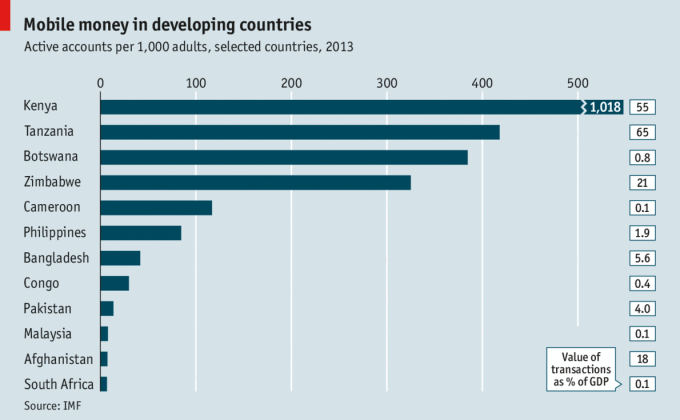
Mobile money in developing countries
People are already able to perform all sorts of financial transactions on their mobile devices, from paying bills to making payments at the point of sale. They can also transfer funds, track mobile transactions and even make deposits. However, all of this is done within the country of origin. If you live in the U.S., but travel to Dubai, all of your finances are conducted with U.S. institutions and in U.S. currency. However, as global tourism becomes more popular, and people travel to emerging international markets for business, so too will there be more demand for mobile payment systems that support international currencies for individuals travelling abroad.
Smart Homes for Smart Phones

Apps That Can Save You Money on Your Electric Bil
Telecommunication and security companies like Comcast, ADT, ATT, and Time Warner are already offering home automation and security systems that you can synch up with your smartphone. Now internet and technology companies, like Apple, Google, and Sansa Security, are getting into the act by developing smart home products and apps that can stand alone or work with the existing products from the telecommunications and security companies.
Bigger Threats and Better Security
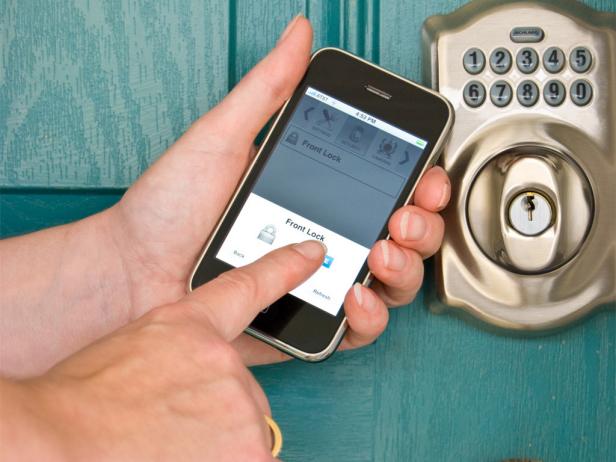
Home Automation: Control Your Home With Your iPhone
It shouldn’t be surprising that as the popularity and availability of mobile devices increase, so too will the threats to mobile security. Those security threats will not only affect the mobile devices, but also the networks that they connect to – such as employees using their compromised webenabled devices to connect to company networks.
To make matters worse, currently only about five percent of mobile devices have any kind of internet security software installed. This is due in large part to the fact that many users simply don’t think of their mobile devices as handheld computers with the same vulnerabilities as their desktops and laptops at home.
Another part of the issue is that the Android mobile platform, which appears on 81.3 percent of all smartphones, is an open-source operating system. This means malware designers have access to all of the source code for the operating system, which makes it easier for them to find interesting and creative ways to mess with people’s machines.
Some wireless providers have started offering internet security software as addon services – for example, TMobile offers Outlook Security Software as a standalone option for $4.00 per month, or as part of their premium handset protection plan. Additionally, companies like Trend Micro are also developing internet security software packages that can be used across multiple platforms, including Android and Apple’s mobile iOS.
Vehicle Integration
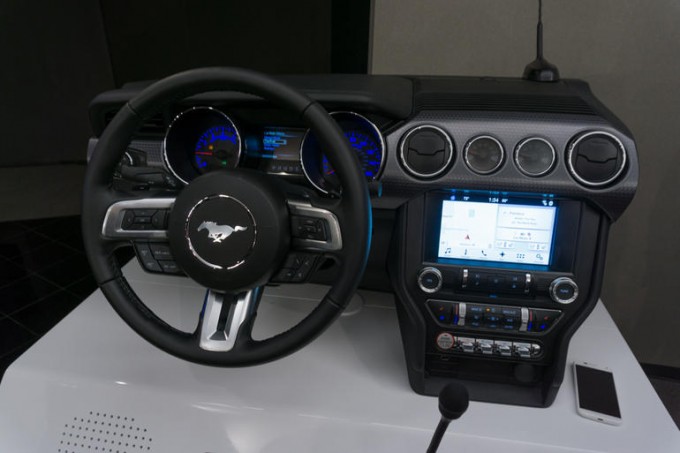
Car tech you can’t miss at CES 2015
Many car models already have provide Bluetooth connectivity for phone calls and even playing music from mobile phones and other Bluetoothenabled devices. You can also find cars that have their own invehicle WiFi and can act as mobile hotspots. There are also systems that allow you to integrate your smartphone with your car alarm system.
There are developers looking at ways to capitalize on your car’s built in WiFi capability to send push notifications and other information on the webenabled devices built into your car, such as the GPS system. The could come a time in the near future where you can integrate your smartphone or tablet with your car to the point that you can operate your tablet using the GPS touch screen, or project your smartphone screen as an overlay on your windshield.
Conclusion
As mobile internet use becomes even more widespread, 2015 will see the continuation of many existing trends, as well as the introduction of some new ones.

